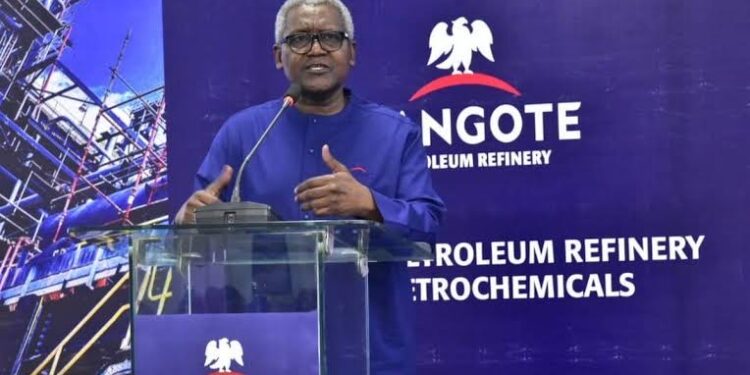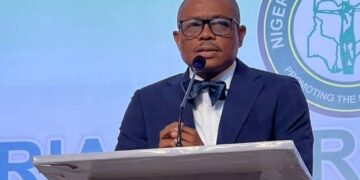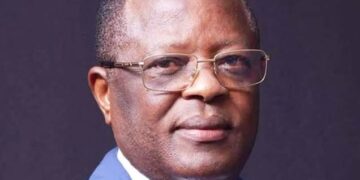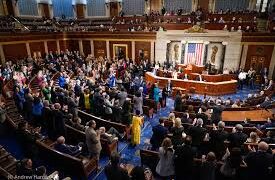As Nigerians eagerly await the full distribution of gasoline from the newly opened Dangote Refinery in the domestic market, there has been a growing call for transparency in the pricing structure. The recent opening of the refinery raised high expectations.
Stakeholders and citizens alike were hopeful that gasoline prices would come down substantially as local production would eliminate some of the import-related costs.
Nigerians’ expectations of cheaper fuel prices were dashed on the day of the Dangote refinery’s launch, as the Nigerian National Petroleum Company (NNPC) Ltd. unexpectedly raised petrol prices by a whopping 58%, from N568 to N896 per litre.
The sudden increase left many reeling, as they had hoped the refinery’s entry would bring much-needed relief from skyrocketing fuel costs.
Addressing the price issue at the refinery’s domestic petrol launch ceremony, the refinery’s chairman, Aliko Dangote explained that the final price would be determined by the Federal Executive Council (FEC).
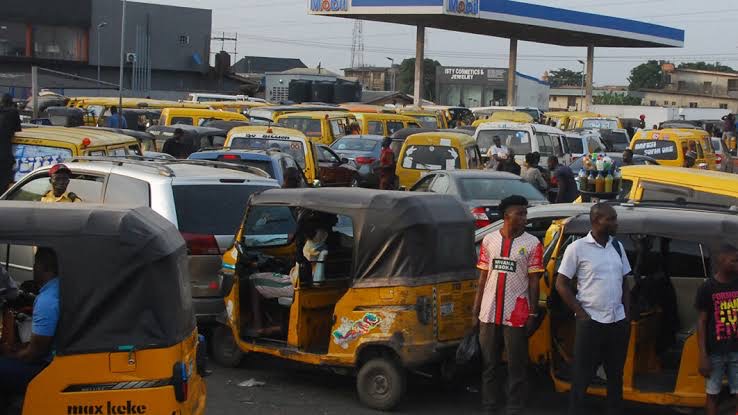
He explained, “This pricing arrangement is an official decision, carefully designed and approved by the Federal Executive Council, under the leadership of President Bola Ahmed Tinubu. Once this agreement is finalized, which the President is actively working on, we will be ready to roll out into the market—whether that’s today or tomorrow.”
Meanwhile, NNPC Ltd., in a statement through its spokesperson, Olufemi Soneye, reiterated its assertion that the Premium Motor Spirit (PMS) market has already been deregulated and that petrol prices will be determined by market forces.
Executive Vice President, Adedapo Segun, highlighted Section 205 of the Petroleum Industry Act (PIA), which established the company and allowed it to operate in a competitive free market environment. Segun said oil prices in Nigeria should henceforth be determined by supply and demand without the intervention of regulatory authorities.
However, Dangote Group, through its Chief Branding and Communications Officer, Anthony Chiejina, was quick to refute this view.
The company clarified that contrary to NNPC Ltd’s claims, the PMS market in Nigeria remains highly regulated. “The fact remains that the PMS market is heavily regulated, a reality well understood by all oil marketers and stakeholders in the sector. Therefore, the refinery cannot independently set or influence the price of the product, which falls within the jurisdiction of the appropriate government authorities,” Chiejina explained.
The conflicting phrasing has caused confusion and disillusionment. Many industry experts have expressed concern, with both NNPC Ltd. as well as Dangote Group calling for greater clarity on the pricing framework.
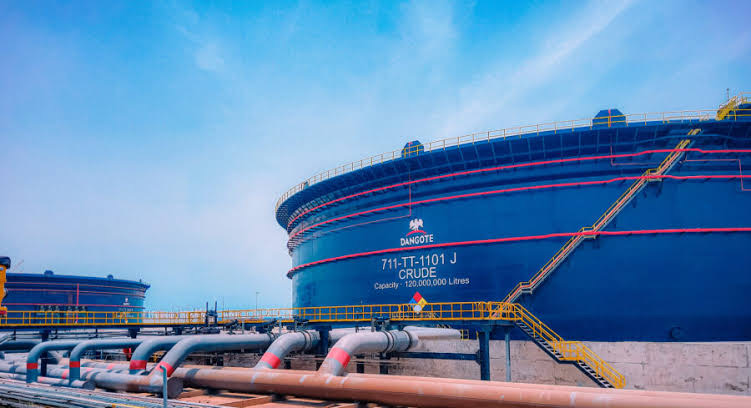
Energy policy analyst Henry Adigun noted the lack of transparency and called on both parties to disclose full details of the agreement to avoid further uncertainty for the public. “Both NNPC and Dangote need to be upfront with Nigerians about the terms of this deal. We can’t afford to be kept in the dark when it concerns something as crucial as fuel pricing,” Adigun stressed.
Adigun also highlighted the complexity of the situation, saying NNPC Ltd. remains the sole importer of petrol and is now responsible for setting the price in the market.
“Dangote might have done its calculation and discovered that his price is higher than that of NNPC. So, if he sells at a higher price, who is going to subsidize him if the government doesn’t subsidize him? Now, the case at hand is; “who is going to subsidize who”?
Adigun added to the pressure by expressing concern over the lack of information on crude oil prices and exchange rates from Dangote refineries. “How much is Dangote purchasing crude from the federal government for, and at what exchange rate? These are essential details that remain undisclosed, but they would help stakeholders arrive at an informed understanding of the true cost of the product.”
In this vein, the Arewa Youth Chamber also called on Dangote to be transparent about the cost of refining oil. The group called on refineries to make public their production costs so Nigerians can hold the right stakeholders accountable “Transparency in this matter is essential,” said Mohammed Salihu Danlami, Speaker of the National Assembly. “It is estimated that the cost of refining a litre of petrol exceeds N800, and current data suggests that the landing cost is around N1,117. These numbers should be made clear to the public.”
Danlami further called on Dangote Refinery to take responsibility instead of blaming NNPC through groups such as Muslim Rights Concern (MURIC). “We challenge the Dangote refinery to publicly disclose the cost of refining petrol. Nigerians deserve to know the actual costs involved so they can hold the appropriate parties accountable. It is illogical and unacceptable for a private company like Dangote to claim that NNPC Ltd. will set the price of its product in a supposedly free-market environment. NNPC Ltd. controls the pricing for refineries it owns, such as those in Port Harcourt, Warri, and Kaduna, but Dangote’s refinery is a private entity and does not fall under this arrangement.”
He added that if the Dangote refinery really has the welfare of Nigerians at heart, it should strive to provide petrol at a lower price. “As a domestic refinery, Dangote is free to sell its products directly to any marketer, independent of NNPC Ltd.’s pricing structure,” Danlami concluded.
The debate over Dangote’s petrol pricing continues to gain momentum as Nigerians and industry players alike seek more clarity. While the refinery’s entry into the market was meant to bring relief, the current confusion only heightens concerns about transparency, fairness, and the true impact of local production on fuel prices. Without open disclosure and cooperation from all stakeholders, affordable petrol for Nigerians remains uncertain.


